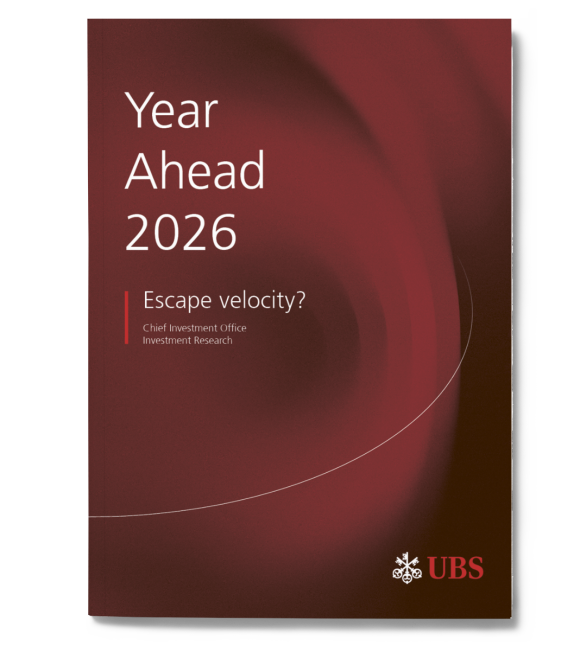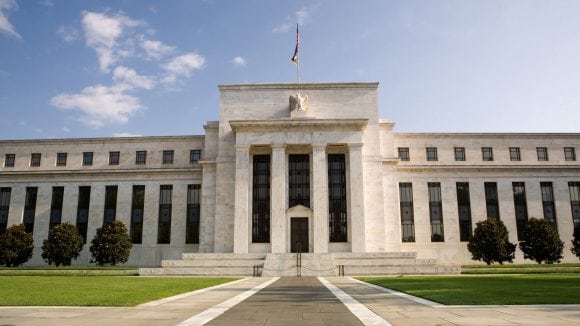With 24-hour coverage of major asset classes from 12 key financial hubs around the globe, our Chief Investment Office experts identify the latest investment opportunities and market risks for you. Get fresh perspectives on the topics that matter most to you and your investment goals.

Are you ready for the Year Ahead?
As we enter 2026, the world stands at a crossroads. The Year Ahead 2026 report from our award-winning Chief Investment Office - named the Best CIO in Private Banking at the PWM/ The Banker Global Private Banking Awards 2025 - will help you spot the signals that matter, cut through the noise, and act with confidence.
Investing under Trump 2.0
House View
Paul Donovan: economics without jargon

I tend to think of myself as a political economist, not a mathematical economist. Diversity, inflation, education, trade, inequality, sustainability and social change are some of the topics I am very enthusiastic about.
Daily
Weekly
Let's talk
From planning your finances to providing individual solutions, we focus on helping you get more out of life and your wealth.





